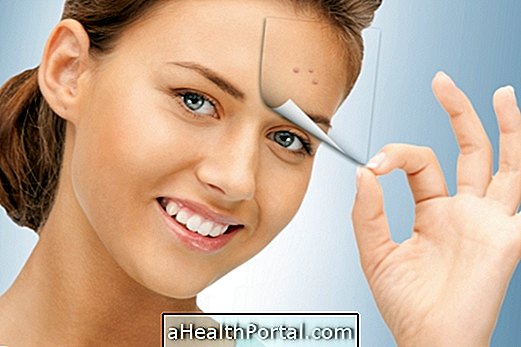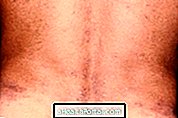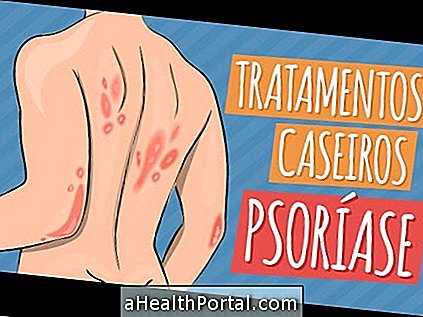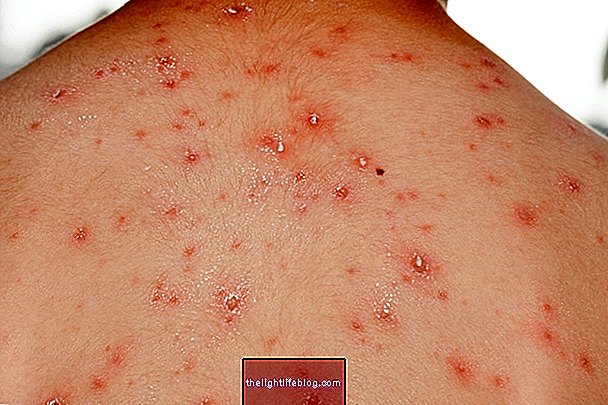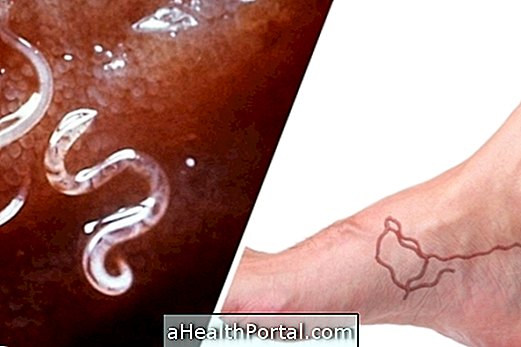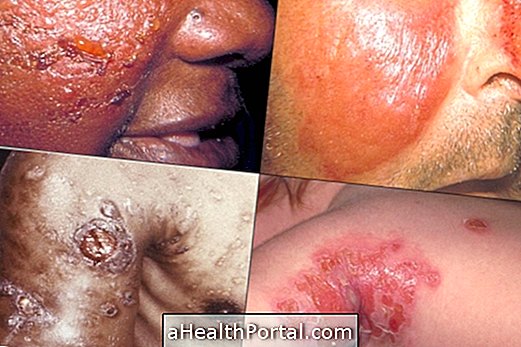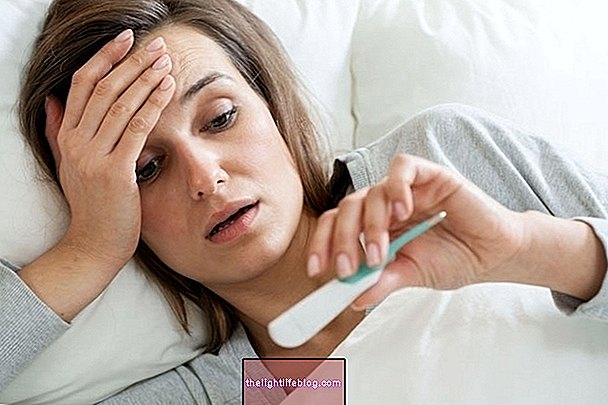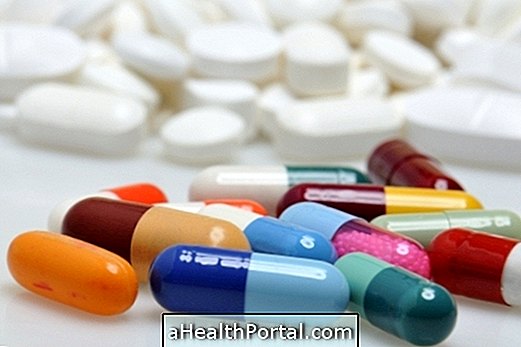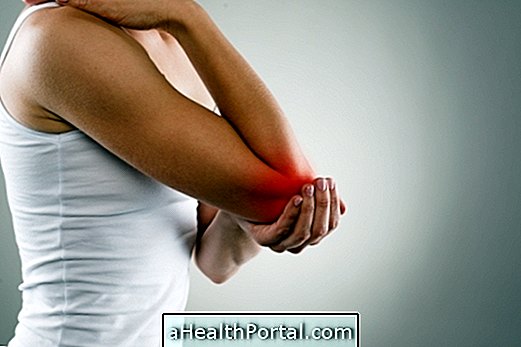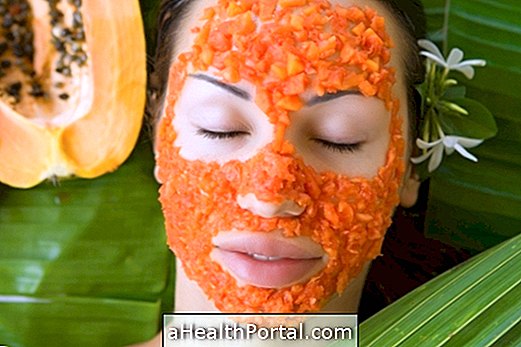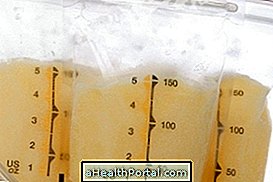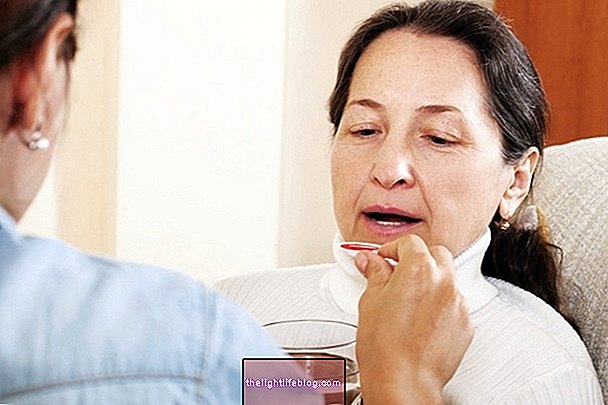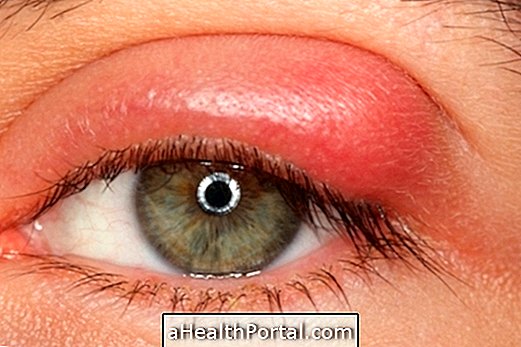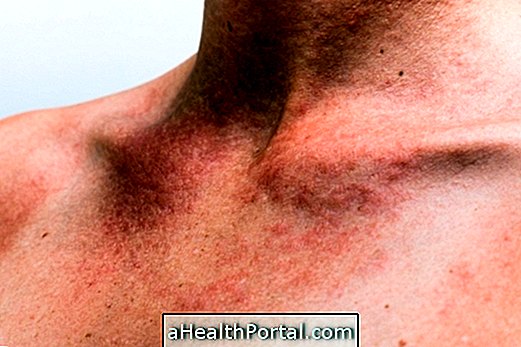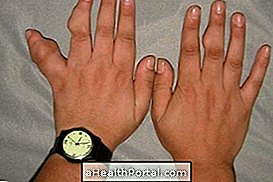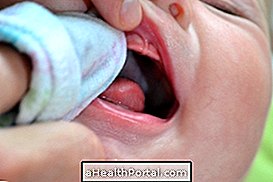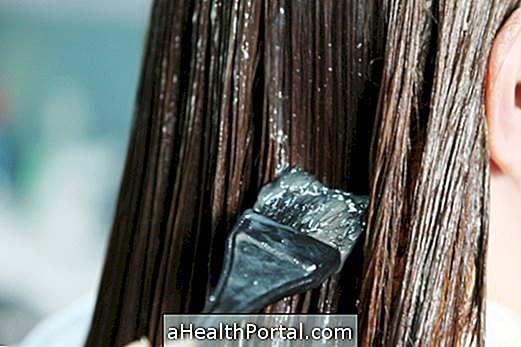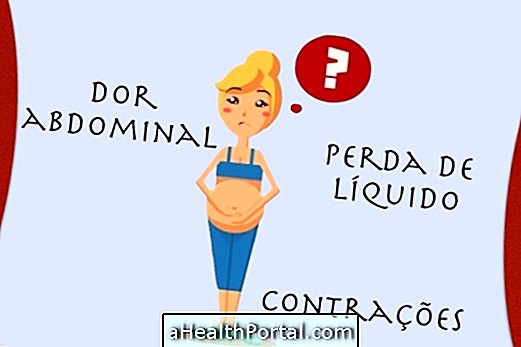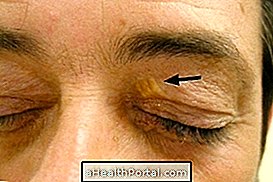The treatment of acne in women can be done with the use of some contraceptives, because these drugs help in the control of hormones, such as androgens, decreasing skin oils and the formation of pimples.
Usually the effect on the skin is observed between 3 and 6 months of continuous use of the pill and the best contraceptives to help in the control of acne are those that have in their composition an estrogen derivative associated with progestagens such as:
- Drospirenone : as the brands Elani, Aranke, Generise or Althaia;
- Cyproterone : like Diane 35, Selene, Diclin or Lydian;
- Dienogeste: as Qlaira;
- Chlormadinone: Belara, Belarina or Chariva.
Cyproterone is the progestogen that has stronger effects and so should only be used in more severe cases of acne for as short a time as possible because it is not so safe. Drospirenone, dienogestand chlormadinone are most commonly used to treat mild to moderate acne.
![]()
When to use contraception for acne
The treatment for acne should preferably be done with the use of topical products such as cleansing lotions and creams with retinoic acid, adapalene or benzoyl peroxide, for example. In addition, topical and oral antibiotics or isotretinoin or spironolactone tablets prescribed by the dermatologist may also be used. See which remedies are most used to treat acne.
However, contraceptives may be an option for controlling pimples in some women, especially when:
- Acne that did not improve with other products;
- Desire to use some contraceptive method, besides controlling the pimples;
- Pimples that get worse or get more inflamed in the premenstrual period;
- When the cause of acne is some disease that increases levels of androgens in the body, such as polycystic ovarian syndrome.
Because the contraceptive modifies the levels of hormones in the woman's body, it is necessary to consult the gynecologist before starting its use.
In addition, it can cause some side effects such as nausea, pain and tenderness in the breasts, headache and menstruation out of season, and if these symptoms are very intense you should stop using the medication and consult the doctor. Understand better how contraceptive works and ask questions about how to use it.
How They Work
The contraceptives most indicated as aids in the treatment of acne, act by decreasing sebum production by the sebaceous glands, reduce follicular hyper keratinization, decrease the proliferation of acne-causing bacteria called P. acnes, and further reduce inflammation, this appearance of the skin and diminishing the appearance of new pimples.
Stopping contraception can cause acne
It is very common for a woman who has stopped using contraceptives to feel more oily and pimple-ridden skin, so you can use facial cleansers to control oiliness such as lotions or soaps sold in pharmacies.
If the symptoms are very intense, one should go to the dermatologist for a skin evaluation and prescription of more individualized treatments. Understand the types of acne better, and the best treatment for each.
When to Not Use Contraceptives
Contraceptive use is contraindicated in cases of:
- Pregnancy and breastfeeding;
- Children;
- Men;
- Smoking;
- High pressure;
- Presence of unexplained vaginal bleeding;
- Uncontrolled diabetes;
- Previous history of thrombosis, heart attack, or stroke;
- Previous or family history of diseases that increase blood clotting;
- Breast cancer;
- Cirrhosis or liver cancer;
- Very strong migraines.
In addition, it should also not be used in people who are hypersensitive to any of the components of the contraceptive formula. Find out what are the main complications of contraceptives.
